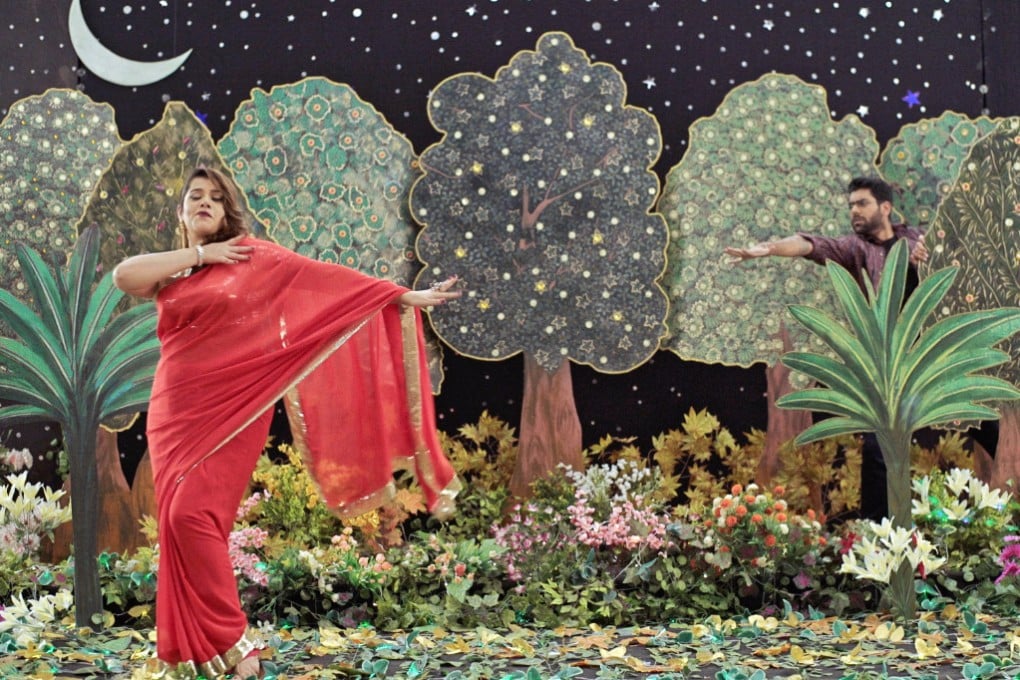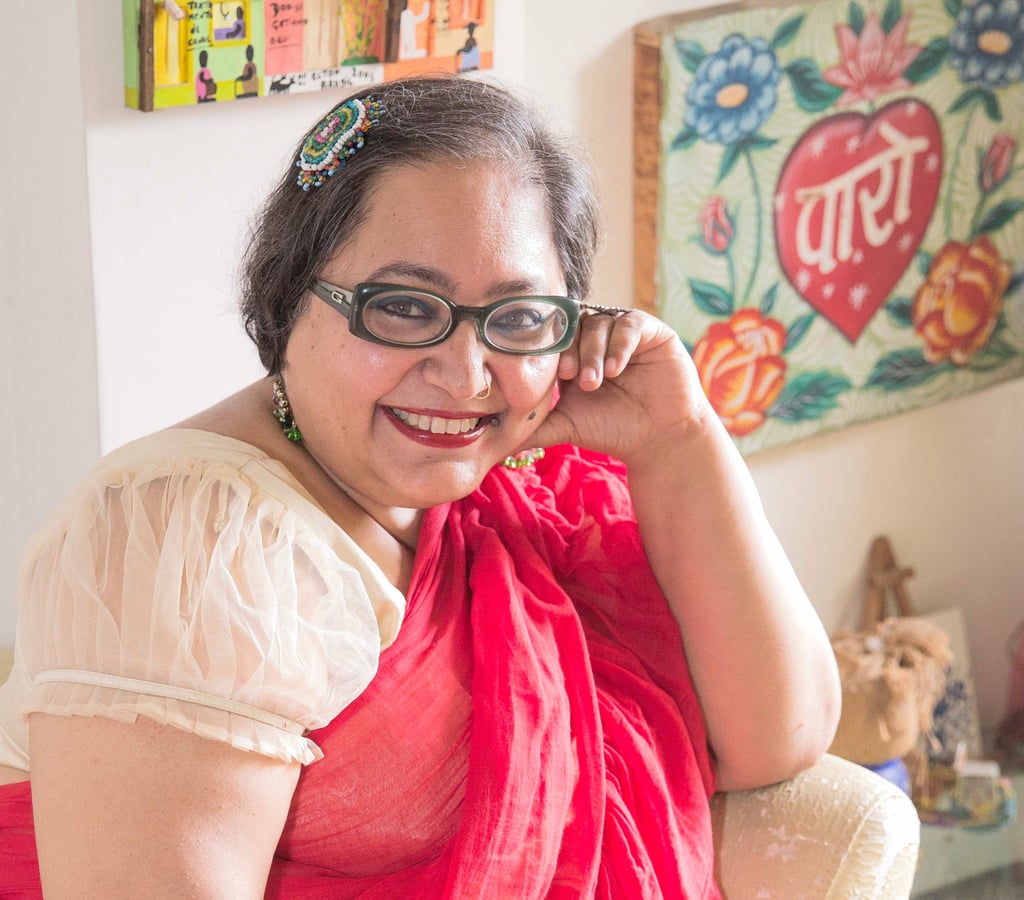In India, a sex-positive website offers ‘honest, open’ space for society to discuss taboo topics
- On Agents of Ishq, people can access a range of material from erotic poetry to myths on topics such as mental health, pre-marital sex, relationship issues
- Sex and desire are often looked at through the lens of shame in India, exacerbated by poor sex education in the country

Sex and desire are often looked at through the lens of shame, and moral policing is rife – a phenomenon further exacerbated by poor sex education in the country. Apart from biology textbooks, there is no sex education in India’s education system.
“I wanted Agents of Ishq (AOI) to be a place of honest and open dialogue about sex, as against simply delivering information or enlightening others on sex and love,” Vohra said.
“The more we accept ourselves, we are accepting of others, and we just want to enable people – especially women and queer people – to speak on their own terms about sexuality and intimacy.”

AOI, which began as a multimedia project in 2014, uses vibrant illustrations, podcasts, photo essays, songs, memes and poems that tap pop culture and Bollywood films. It was showcased as one of 10 global sexuality projects of excellence by Unesco in 2021.